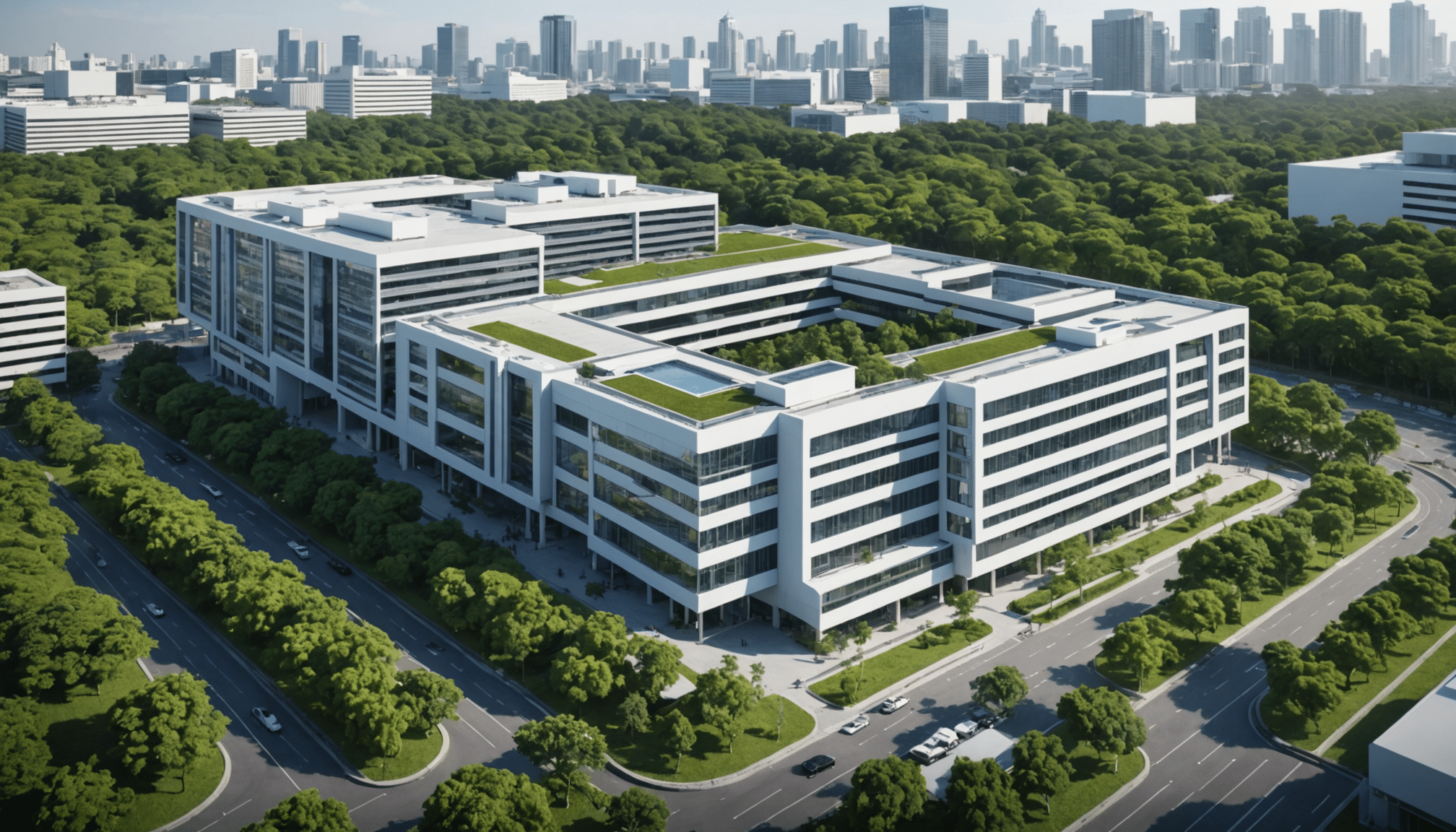Siriraj Piyamaharajkarun Hospital in Thailand takes a leap forward by integrating theartificial intelligence in its brand new service pathology. Thanks to an efficient information system recognized for its automation and its speed, this initiative redefines the landscape of medical practices. By integrating advanced technologies such as image processing and solutions for data security, the service aims to optimize the diagnosis and improve the care of patients.
HAS Siriraj Piyamaharajkarun Hospital> in Thailand, a new pathology information system was launched, integrating technologies artificial intelligence (AI) and data processing. This innovative system combines laboratory workflows, imaging systems and data centralization, improving speed and the precision diagnostics. Originally, the hospital did not have a pathology laboratory, sending the samples to the pathology department of Siriraj Hospital. The new system adopts technologies such as voice recognition and intelligent forms, reducing input errors. AI, powered by IBM technology, analyzes slide images to identify potentially cancerous tissue, particularly in the case of prostate cancer. The functionalities of this system also make it possible to automate the ordering of additional tests and to alert on major discoveries, thus optimizing the diagnostic process.

Siriraj Piyamaharajkarun Hospital and its innovation in pathology
The Siriraj Piyamaharajkarun Hospital in Thailand recently integrated artificial intelligence technologies within its pathology information system. This revolutionary advancement offers a unique opportunity to transform the medical diagnostic landscape. The systems in place enable seamless integration of laboratory workflows, imaging systems and centralized data processing.
A major advance for diagnosis
The new system was designed to automate various aspects of pathological procedures. Integrating technologies such as voice recognition makes data entry easier, reducing human errors. In addition, thanks to a sophisticated algorithm, the identification of potentially cancerous tissues becomes faster and more precise, which is essential in the context of cancer screening. prostate cancer.
Towards the future of digital pathology
With over 14,000 test orders managed by this department, Siriraj Piyamaharajkarun Hospital demonstrates its commitment to continuous improvement of its systems. Development prospects include the use of secure data and the expansion of artificial intelligence-assisted diagnostics. The hospital aspires not only to adopt advanced technological solutions, but also to establish a world reference in terms of digital pathological diagnostics.
Siriraj Piyamaharajkarun Hospital in Thailand marks a significant advancement in the field of pathology through the integration ofartificial intelligence (AI) and computational technologies within its new pathological information system. This innovative system, which went live recently, aims to transform pathology practices by facilitating laboratory workflows, imaging and centralized data processing.
Before the establishment of this new service, Siriraj Piyamaharajkarun Hospital did not have its own pathology laboratory, resulting in samples being sent to the pathology department of Siriraj Hospital. Now, thanks to the strategic implementation of AI, the new system promises significant improvement in speed and accuracy in the execution of tasks. The use of voice recognition technology and smart forms helped reduce data entry errors and automate the identification of high-risk cases, significantly easing the workload on pathologists.
A particularly revolutionary aspect of this service is the analysis of high-resolution slide images using an algorithm powered by IBM. This helps identify potentially cancerous tissue more effectively, currently focusing on suspected cases of prostate cancer. The ability to order additional tests automatically and send alerts for significant results creates a framework where clinical decisions can be made more quickly and with greater confidence.
With over 14,000 test orders already processed, Siriraj Piyamaharajkarun Hospital continues to improve its system to ensure it remains at the forefront of innovation. The ultimate goal is to develop an “integrated and automated” diagnosis capable of detecting a greater number of cancer cases with precision. This model could become an example for other healthcare institutions in Asia and beyond to follow in integrating AI solutions into the medical sector.














